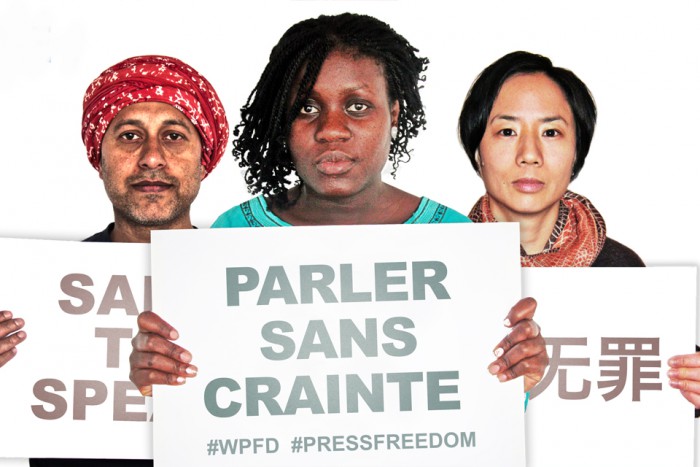My team of prosecutors in Saint Vincent and the Grenadines will meet in Kingstown later today to announce new guidelines to ensure transparency and equal access to information for the media about criminal procedures. Prosecutors and journalists will launch the new ‘Prosecution Media Protocol’, a first for the Caribbean, which sets the ground rules for the relationship between prosecutors and the media.
The Protocol will set clear procedures for disclosure to enable equal access to competing media houses for information and placing a responsibility on the prosecution to deliver accurate, timely and reliable information to the media. The guidelines do not set new standards, but formalise best practice for interactions between prosecutors and journalists.
I believe this will enhance the relationship between the media and the prosecution, by providing a published undertaking against which the performance of the prosecution can be measured and evaluated.
In return, journalists are also obliged to report fairly, accurately and without prejudicing any future criminal proceedings.
I’ll be joined at the launch by editors of the two leading newspapers in Saint Vincent’s and Grenadine.
We will also be launching a Social Media Identification Policy to ensure that where identifications are made on social media, they are cogent and of a standard where they can be fairly put before the court. This policy sets out a recommended course that the Police and prosecution should undertake, to ensure that such identifications allow a defendant to have a fair trial.
Both new policies have been developed with the help of Criminal Justice Advisor to the Eastern Caribbean, Daniel Suter, whose post is jointly funded by the Foreign and Commonwealth Office and the US Embassy for the Eastern Carribean in Barbados. We’ll be sharing the policies with other States in the Eastern Caribbean.
It is appropriate that we hold our launch on World Press Freedom Day, recognising the positive ways the media and prosecution can work together to explain how decisions are made, ensuring the public have confidence and trust in their criminal justice system.
For more information on our activities on freedom of expression, and human rights more broadly, read our 2012 annual human rights report.
- The views in this blog are those of the author and do not necessarily reflect the views of the Foreign and Commonwealth Office (FCO), or its policies.

